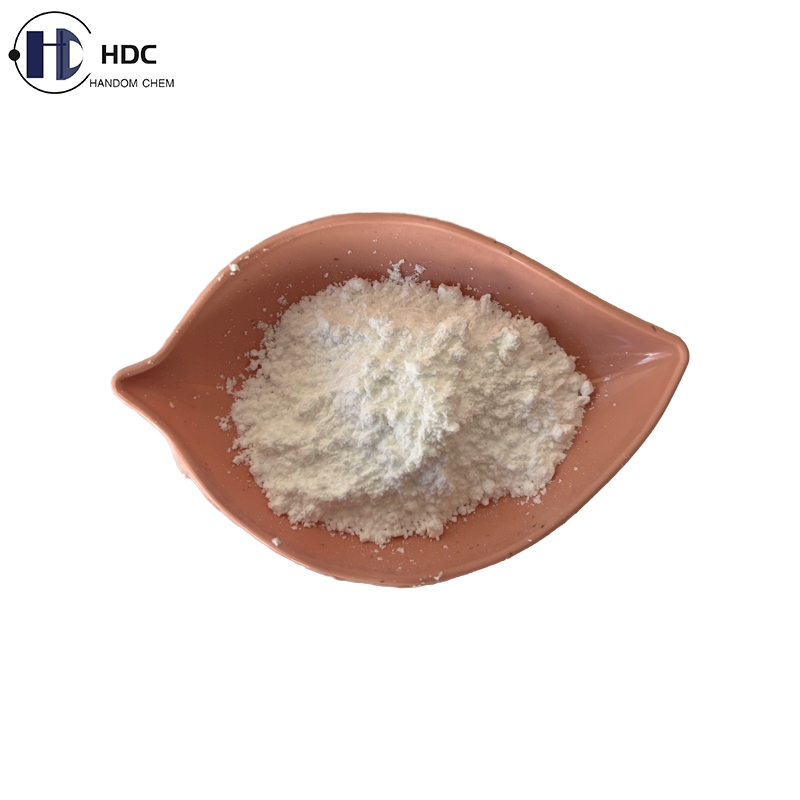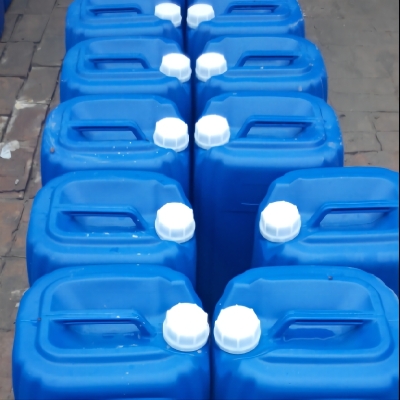-
Categories
-
Pharmaceutical Intermediates
-
Active Pharmaceutical Ingredients
-
Food Additives
- Industrial Coatings
- Agrochemicals
- Dyes and Pigments
- Surfactant
- Flavors and Fragrances
- Chemical Reagents
- Catalyst and Auxiliary
- Natural Products
- Inorganic Chemistry
-
Organic Chemistry
-
Biochemical Engineering
- Analytical Chemistry
- Cosmetic Ingredient
-
Pharmaceutical Intermediates
Promotion
ECHEMI Mall
Wholesale
Weekly Price
Exhibition
News
-
Trade Service
The Government of Canada and the Government of Ontario have provided $1.
6 billion in funding to support the construction of
the Wataynikaneyap High Voltage Transmission Project.
The project, which aims to connect 17 First Nations communities in northwestern Ontario to Ontario's power grid, is 51 per cent owned by 22 First Nations communities and Fortis owns the remaining 49 per cent
.
Scott Hawkes, President and CEO of Fortis, said, "Today's announcement is a milestone
for Canada's largest First Nations-led infrastructure project to date.
”
The project is being developed
by Wataynikaneyap Power, an authorized transmission company regulated by the Ontario Energy Commission (OEB).
Wataynikaneyap Power will develop and operate approximately 1,800 kilometers of 230kV, 115kV and 44kV power lines in northwestern Ontario in order to connect remote First Nations communities to the provincial grid and provide clean, reliable and affordable electricity
.
"In addition to providing participating Indigenous community ownership for transmission lines, the project provides socio-economic benefits, reduces environmental risks and reduces greenhouse gas emissions
from diesel power generation currently used in remote areas," Fortis said.
”
The first phase of the project's 300-kilometer transmission line from Red Lake to Pikangikum is fully funded
by the Government of Canada.
It is scheduled to be completed
by the end of 2018.
The next two phases of the project are subject to all necessary regulatory approvals, including OEB's building permit approvals, with commissioning planned for late 2020 and 2023
, respectively.
Expected upon completion, the Wataynikaneyap transmission project is expected to be Ontario's largest home-grown and locally owned infrastructure project
.
"Connecting remote First Nations communities to Ontario's safe, clean and reliable power grid is a priority for the province and a key part of
our plan to create equity and opportunity for all Ontarians residents," said Ontario Energy Minister Glenn Thibeault.
By eliminating reliance on expensive diesel power generation, the Wataynikaneyap Power Project will create new economic opportunities and greatly improve the quality of life
for these remote Indigenous communities.
”
The Government of Canada and the Government of Ontario have provided $1.
6 billion in funding to support the construction of
the Wataynikaneyap High Voltage Transmission Project.
The project, which aims to connect 17 First Nations communities in northwestern Ontario to Ontario's power grid, is 51 per cent owned by 22 First Nations communities and Fortis owns the remaining 49 per cent
.
Scott Hawkes, President and CEO of Fortis, said, "Today's announcement is a milestone
for Canada's largest First Nations-led infrastructure project to date.
”
The project is being developed
by Wataynikaneyap Power, an authorized transmission company regulated by the Ontario Energy Commission (OEB).
Wataynikaneyap Power will develop and operate approximately 1,800 kilometers of 230kV, 115kV and 44kV power lines in northwestern Ontario in order to connect remote First Nations communities to the provincial grid and provide clean, reliable and affordable electricity
.
"In addition to providing participating Indigenous community ownership for transmission lines, the project provides socio-economic benefits, reduces environmental risks and reduces greenhouse gas emissions
from diesel power generation currently used in remote areas," Fortis said.
”
The first phase of the project's 300-kilometer transmission line from Red Lake to Pikangikum is fully funded
by the Government of Canada.
It is scheduled to be completed
by the end of 2018.
The next two phases of the project are subject to all necessary regulatory approvals, including OEB's building permit approvals, with commissioning planned for late 2020 and 2023
, respectively.
Expected upon completion, the Wataynikaneyap transmission project is expected to be Ontario's largest home-grown and locally owned infrastructure project
.
"Connecting remote First Nations communities to Ontario's safe, clean and reliable power grid is a priority for the province and a key part of
our plan to create equity and opportunity for all Ontarians residents," said Ontario Energy Minister Glenn Thibeault.
By eliminating reliance on expensive diesel power generation, the Wataynikaneyap Power Project will create new economic opportunities and greatly improve the quality of life
for these remote Indigenous communities.
”







